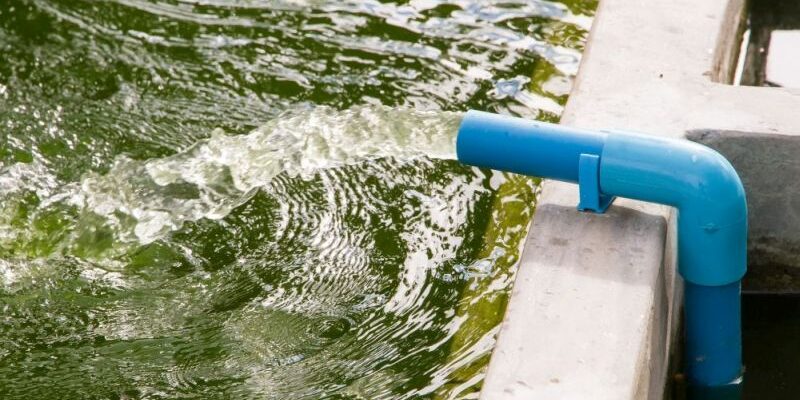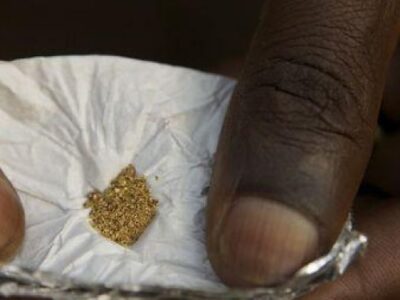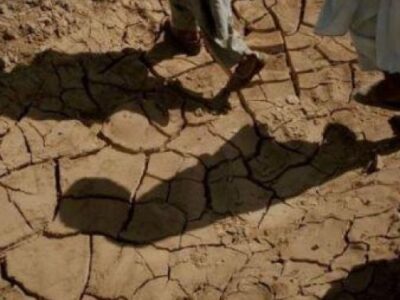In 2023, the department of water & sanitation announced the development of a National Water and Sanitation Master Plan, intended to guide investments in water resources and the delivery of water and sanitation services. Key actions listed include identifying the roles and responsibilities of various stakeholders, including the private sector.
Recent amendments to the National Water Act (1998) and Water Services Act (1997) outline a more inclusive and regulated approach to water resource management, including a focus on private sector participation to improve water supply and sanitation services, and on regulating private providers of water services more closely.
The establishment of a Water Partnerships Office within the Development Bank of Southern Africa also emphasises the need to bring the private sector into water infrastructure developments. The aim of the office is to accelerate the development of urgent water and sanitation infrastructure delivery in line with the National Water Programme, and the office is intended to package opportunities for public-private partnerships (PPPs).
In 2024, the department further outlined its strategies to strengthen water security, with a focus on harnessing the untapped 25% of surface water resources through expanded infrastructure, augmenting traditional water supplies with increased use of groundwater and water recycling, developing desalination projects and addressing municipal debt resolution.
The National Water Resources Infrastructure Agency Act was signed into law in late August 2024. The establishment of the agency will integrate the ownership of national water resource infrastructure, as well as asset management and revenue collection functions, into one entity.
The agency will also raise finance for the development of water infrastructure, including facilitating PPPs. It is expected to implement the strategies and projects initiated in 2024 in the coming year.
Originally established to fulfil SA’s obligations in the Lesotho Highlands Water Project, the Water Trading Entity’s role has expanded to encompass a variety of bulk raw water infrastructure projects, including engaging with the private sector to harness skills and resources for the development of these projects. This work will continue in 2025 and beyond.
SA’s municipalities are responsible for providing fresh water and sanitation services, usually contracting to bulk water suppliers such as Magalies Water, Rand Water and Amatole Water. These suppliers play a pivotal role in the management of the country’s water resources.
According to the Parliamentary Monitoring Group, as of June 2024, failings in both water and sanitation services at the municipality level have resulted in municipal debt to water boards increasing by R22.36bn. This highlights the need for a new approach and intensified private sector participation.
In 2025, we anticipate opportunities for private sector developers and funders to co-develop water infrastructure with the public sector. These opportunities may come from the Water Partnership Office, from bulk water providers such as Rand Water, Umhlathuze Water and Magalies Water, or from municipalities collaborating with other infrastructure providers to deliver much-needed infrastructure development.
There are already numerous planned projects that provide opportunities for private sector investment in 2025. At the forefront are new bulk water projects, including the construction of dams and pipelines. The potential for PPPs in this space is significant, offering private sector partners the chance to contribute to the development and management of critical infrastructure.
Another area of growth is in water treatment works, predominantly at the municipal level. These facilities are crucial for ensuring the quality of water meets the standards for consumption and use. The involvement of private entities could enhance efficiency and innovation in this space.
There are also opportunities within mining projects, where water treatment is vital to environmental management, and in the development of desalination plants, which represent a solution to water scarcity. There is potential to integrate desalination plants with power projects or water intermediaries.
These initiatives are not only essential for the sustainability of our water resources, but also present a range of opportunities for private investments in critical projects that will make a real difference to SA’s water security in 2025 and beyond.
• Tucker is head of public law and regulatory, and Mandlana partner, at Bowmans SA.











Comments